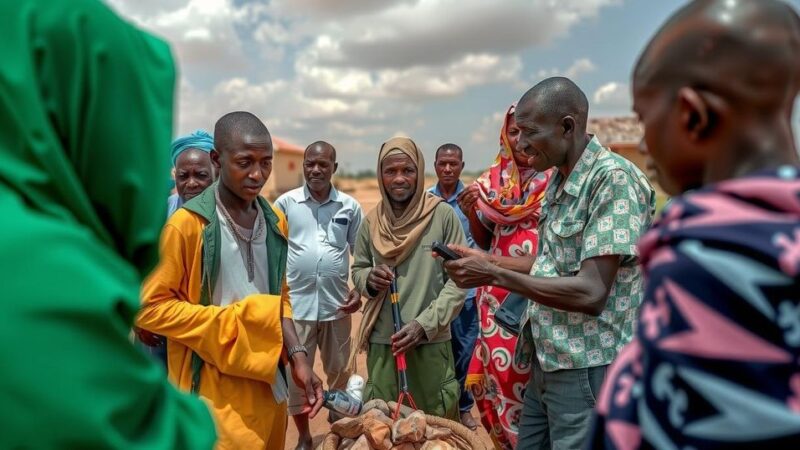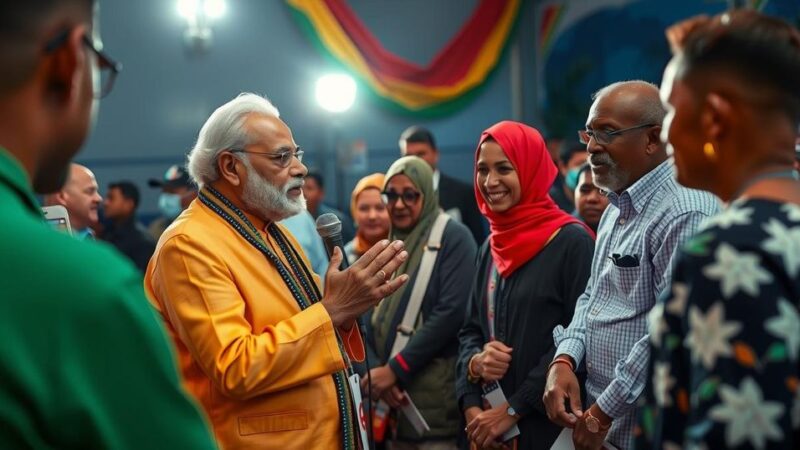Uruguay will hold a presidential election on Sunday where citizens will choose a new leader, significantly impacting the country’s political and economic landscape. Voter participation is expected to be robust, reflecting the importance of the electoral process in Uruguay.
Uruguay is preparing for a significant electoral event as it approaches the polls on Sunday, where citizens will participate in selecting a new president. This election is pivotal in dictating the country’s political trajectory and shaping its future policies, especially in light of various domestic and international challenges. Voter turnout is expected to be high, reflecting the importance of this democratic process in Uruguay’s political landscape. Moreover, the election will set the stage for potential policy shifts that could impact the country’s economy and social issues.
Uruguay, a small yet influential country in South America, has a storied political history characterized by a strong commitment to democracy and social welfare. The electoral system in Uruguay is well-developed, and elections are held regularly, fostering high citizen engagement. This upcoming presidential election not only signifies a moment of change but also reflects the electorate’s responses to prior governmental policies and the economic climate currently affecting the region.
In conclusion, as Uruguay navigates its upcoming presidential election, key themes such as economic stability, social welfare, and governance will likely dominate discussions among candidates and voters alike. The outcomes of this electoral event will hold significant implications for the nation’s future, emphasizing the importance of participatory democracy in shaping Uruguay’s development.
Original Source: www.barrons.com






